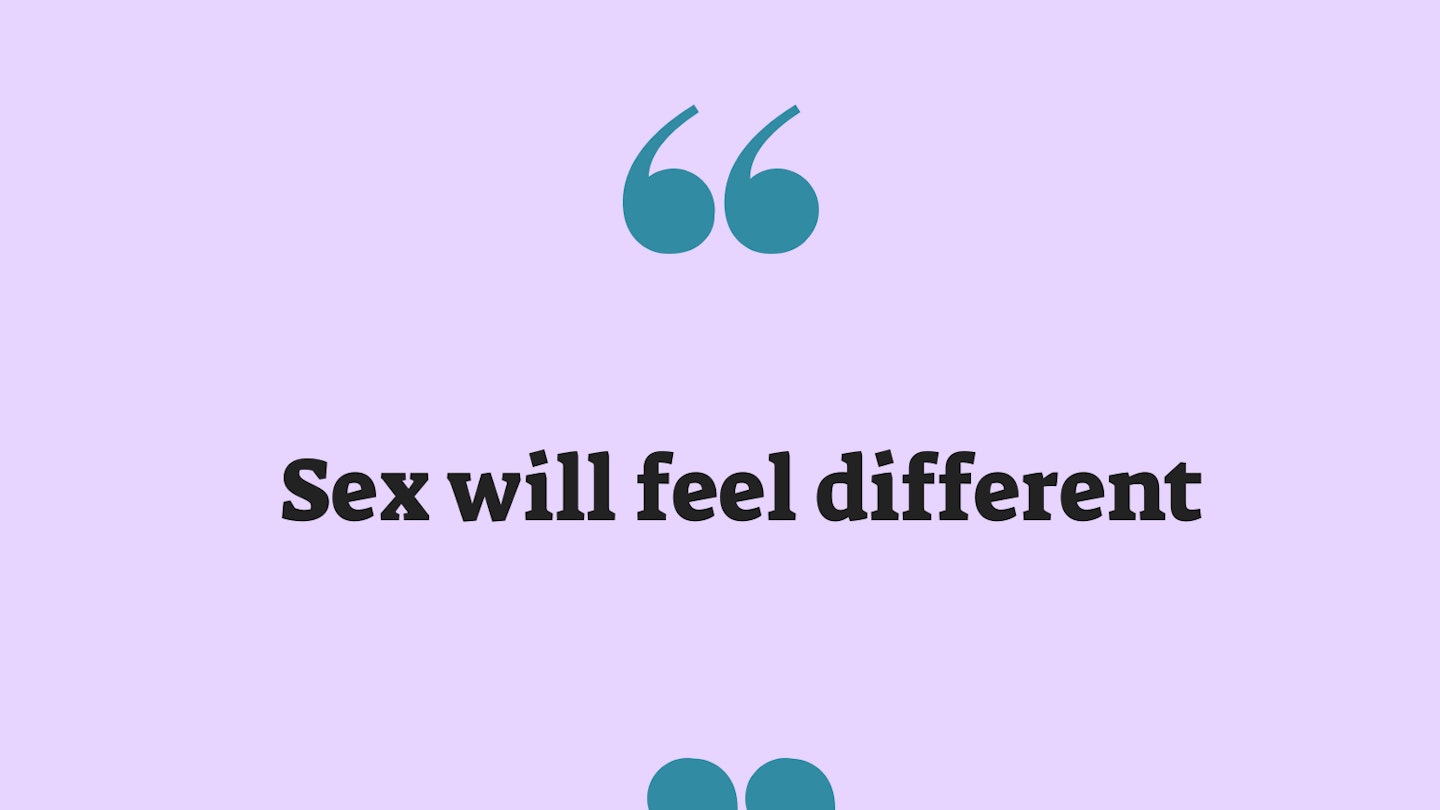It's the question that fills mums-to-be with equal parts fear, curiosity and er, fear: 'What really happens to your vagina after giving birth?'
Ok, so it's no typical coffee shop chat (well, unless you're a TMI mum who's likely to have told everyone about your third-degree tear before you've ordered your latte), but the goings on 'down there' after you've had a baby are generally not talked about. That's why we've given you all the facts below.
Here's everything you've wanted to know about your post-baby vagina, but didn't want to ask...
What happens to your vagina after birth
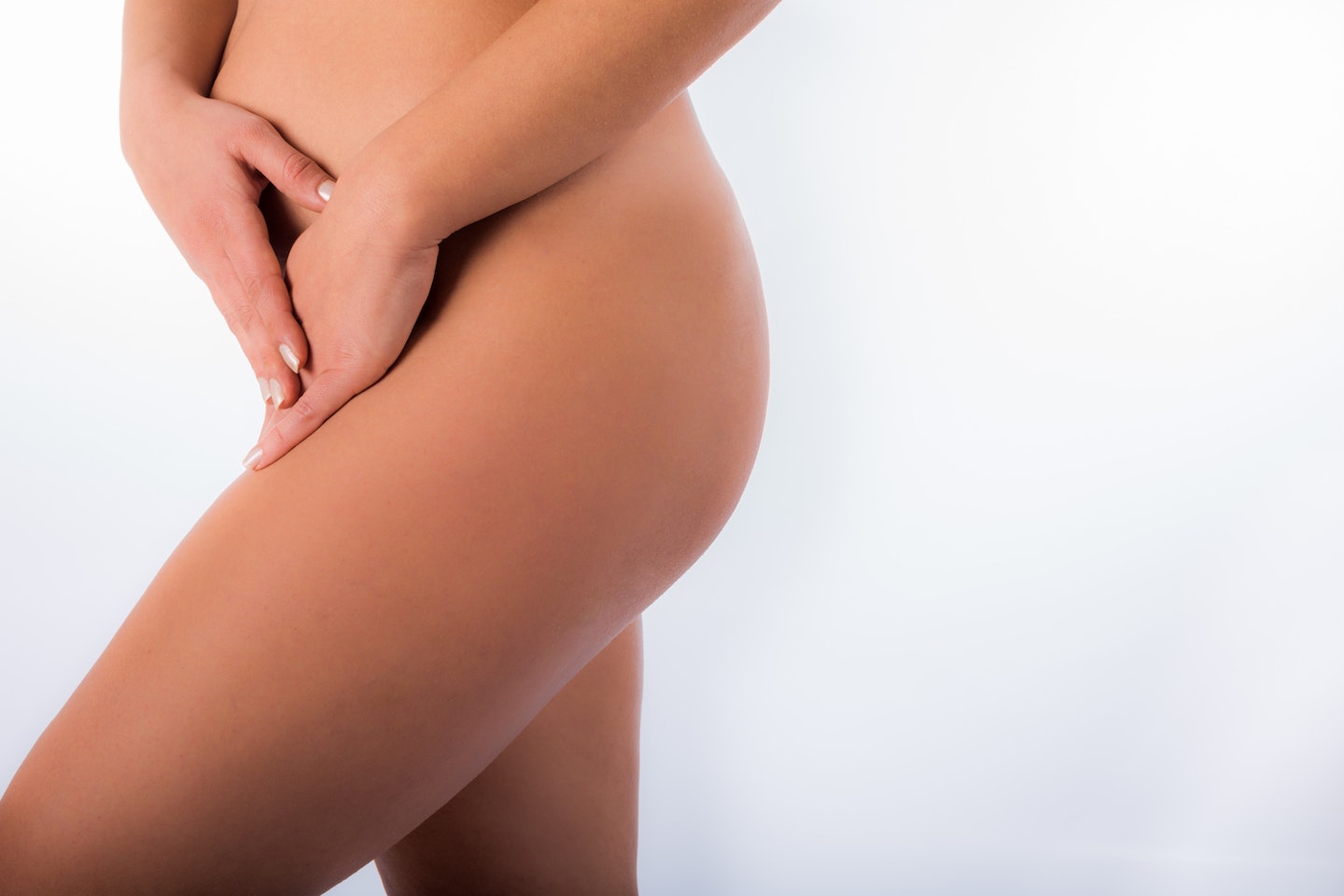 1 of 7
1 of 71) You may experience dryness
No matter how turned on you are, your vagina may be dry after birth thanks to hormone disruption.
It may take weeks to return to it's normal state yet, especially if you're nursing. When you're ready to have sex with your partner it's recommended you use plenty of lube.
 2 of 7
2 of 72) Your pelvic floor muscles are likely to be affected
A group of muscles called the pelvic floor muscles are affected by both pregnancy and childbirth.
The extent to which they're affected depends on several factors including the size of your baby, how long you spent pushing, whether you had an assisted delivery using forceps, and even your genes.'
Doing pelvic floor exercises can help tighten them, which effectively tightens the vagina wall, too.
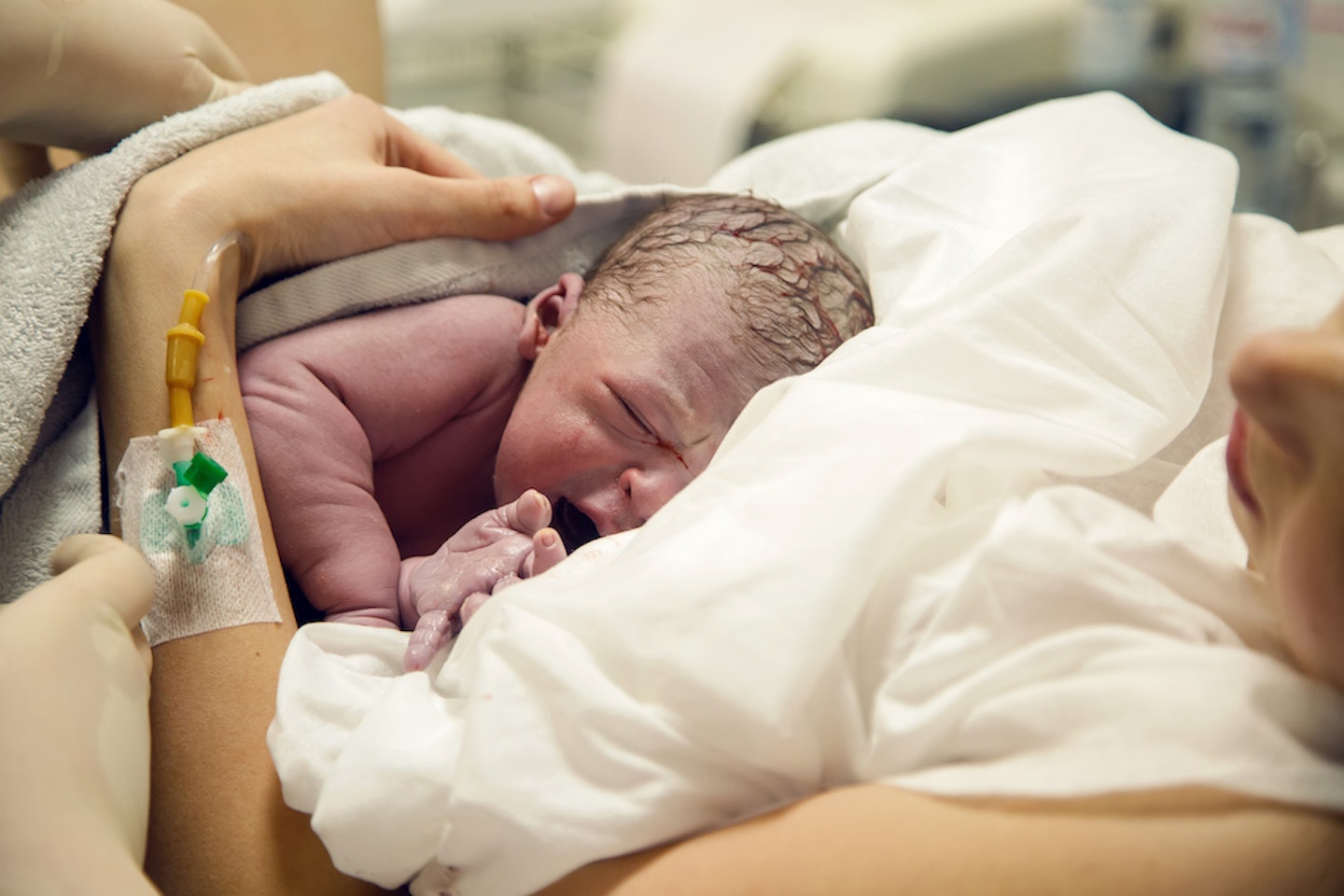 3 of 7
3 of 73) 50% of first time mums will need stitches after having a baby
Around 50% of first time mums will need stitches after having a baby. Don't worry – it's not as bad as it sounds. 'If you haven't had an epidural, you'll be given a local anaesthetic while either the midwife or obstetrician sews up the tear or episiotomy cut,' says Dr Marwood.
'The thread is soft and dissolvable so you won't have to have the stitches removed. However, you may be able to feel them, and the area will feel tender and swollen or bruised, although this is the case even without stitches if you've had a vaginal birth. You'll be given painkillers after you've had your baby to help with any pain you're feeling.'
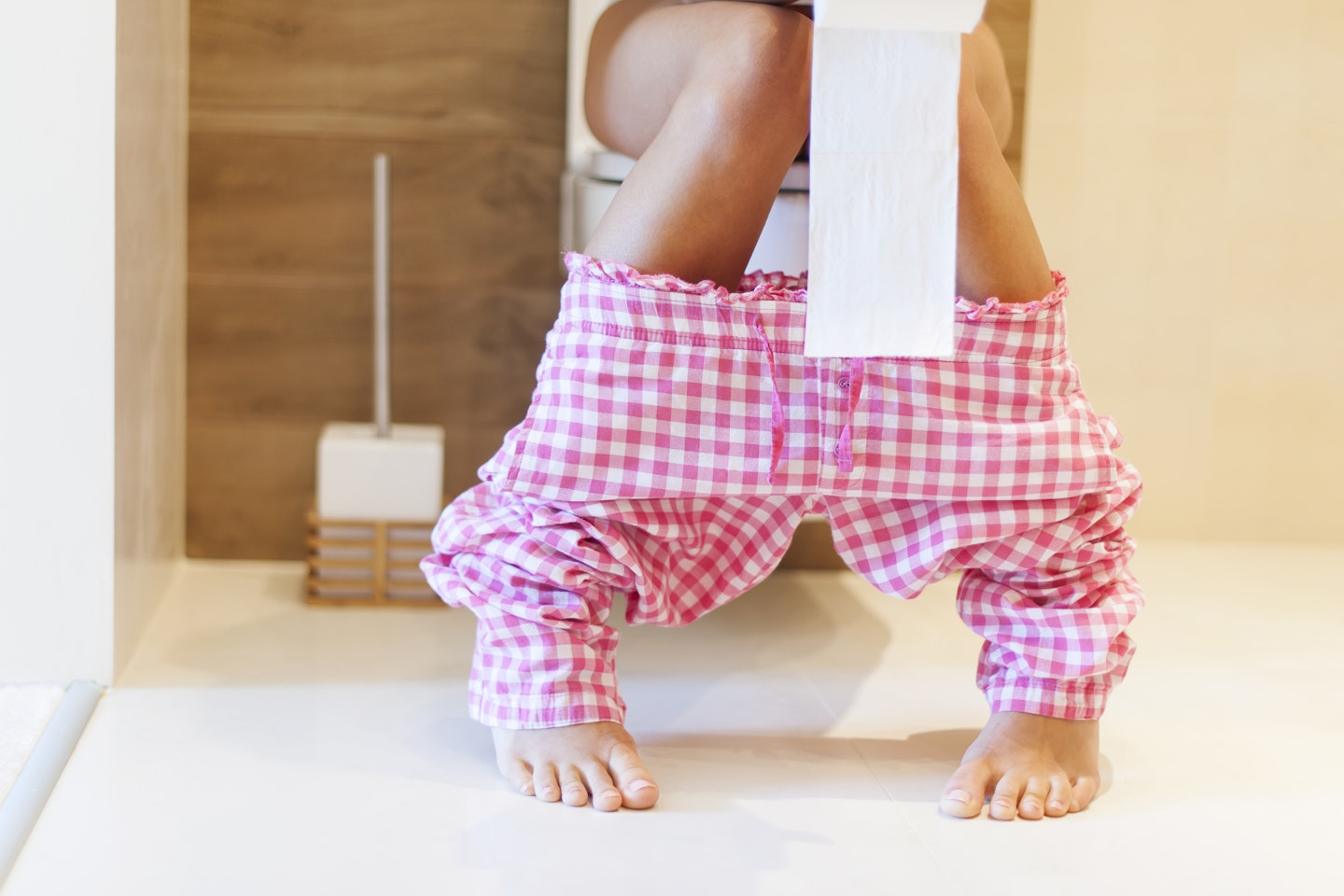 4 of 7
4 of 74) It might hurt to wee
f you're finding it difficult to pee after birth because of stitches, you can try pouring warm water over your vulva or weeing in the bath as it dilutes the acid in your urine.
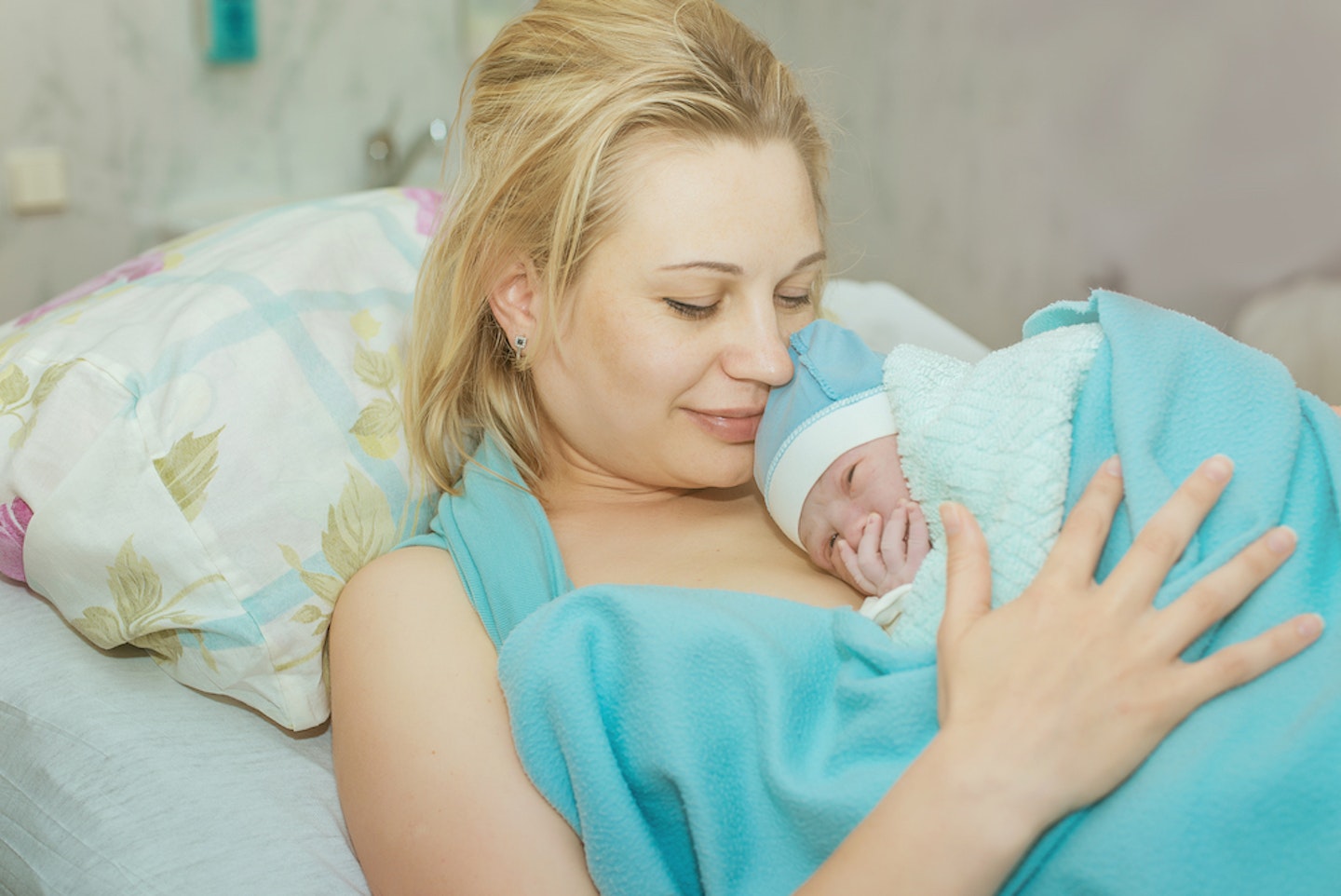 5 of 7
5 of 75) 40% will experience incontinence post-birth
'Often it's only a tiny amount that you leak, usually when you laugh, cough or sneeze, and can disappear a few weeks after birth so is usually nothing to worry about.' says Dr Marwood.
Doing your pelvic floor exercises are, once again, the key to preventing incontinence. 'Imagine you're pulling your vagina up and in, as if you're trying to stop yourself weeing and squeeze,' says Dr Marwood. 'And try to remember to make the exercises part of your daily routine – like showering or putting on make-up. You can do them while you're sat breastfeedingor waiting at traffic lights.'
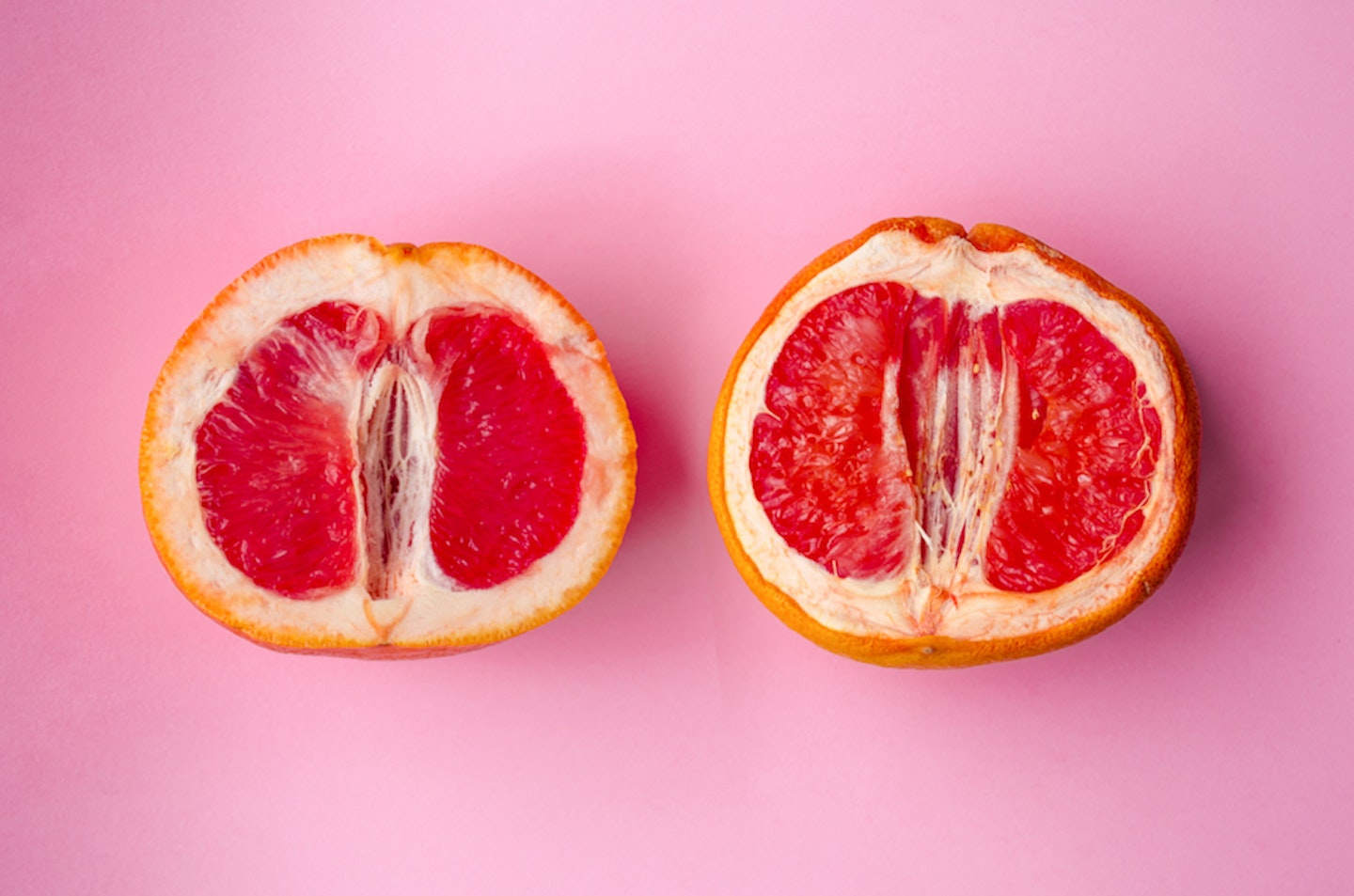 6 of 7
6 of 76) Potential risk of prolapse
Sometimes the pressure of pushing and giving birth can cause a prolapse.
This means that one or more of your pelvic organs (such as the womb, bladder or rectum) can drop down or prolapse into your vagina. 'It's not that common – it happens to about 10% of women – and you'll probably notice a difference,' says Dr Marwood. 'It can feel heavy and you may feel and even see a bulge in your vagina. If the prolapse is pushing on your bladder, you may need the toilet more frequently.'
The good news is that prolapse can improve over time and depending on how serious it is, may not even need specific treatment. 'If you still don't feel quite right at your six week check-up, talk to your GP and she can refer you to a pelvic physiotherapist who can teach you how to do pelvic floor exercises or prescribe a machine that can help tighten the muscles. If you're overweight she may suggest you lose a bit as that can affect how quickly you recover from a prolapse,' says Dr Marwood.
 7 of 7
7 of 77) Sex will feel different
When you're surviving on four hours sleep a day, the prospect of doing anything except sending up zzzz when you're in bed can seem totally alien. However, if and when you're ready for sex, it's worth bearing in mind that it probably will feel different.
'Once your baby is born, oestrogen levels drop so that your body can start producing breast milk,' says Dr Marwood. 'This can cause vaginal dryness and tenderness, and a lower libido. What's interesting is that the speed that your sex life returns is more affected by your mode of feeding than your mode of birth. The longer you breastfeed, the lower your oestrogen levels, and so the lower your libido. So while breastfeeding is amazing for your baby, it can have an impact on your sex life.'
Now read:
10 women tell us how they really feel about their post-birth vaginas
